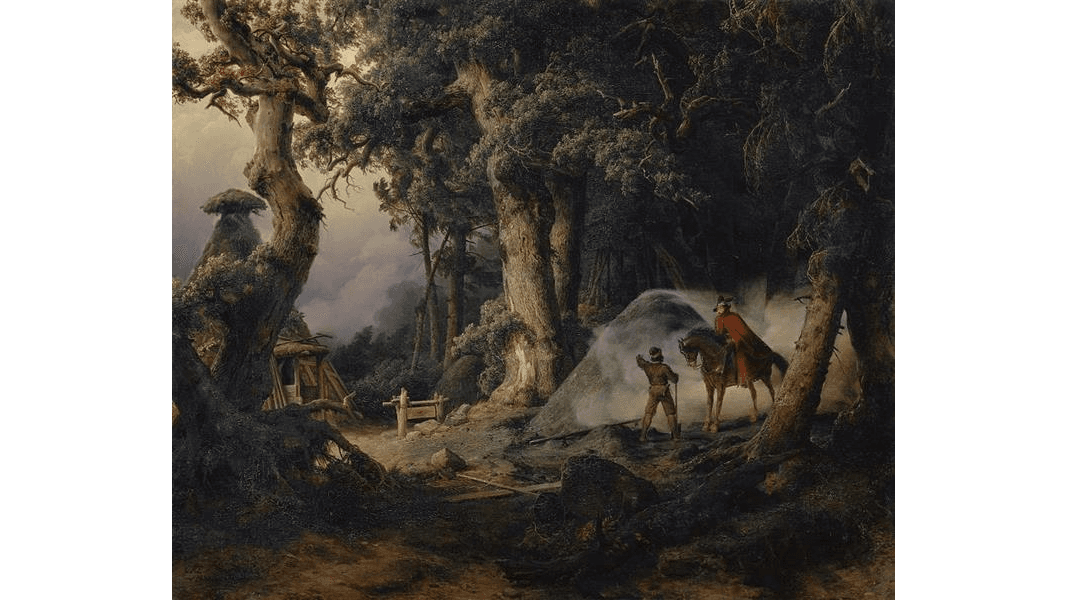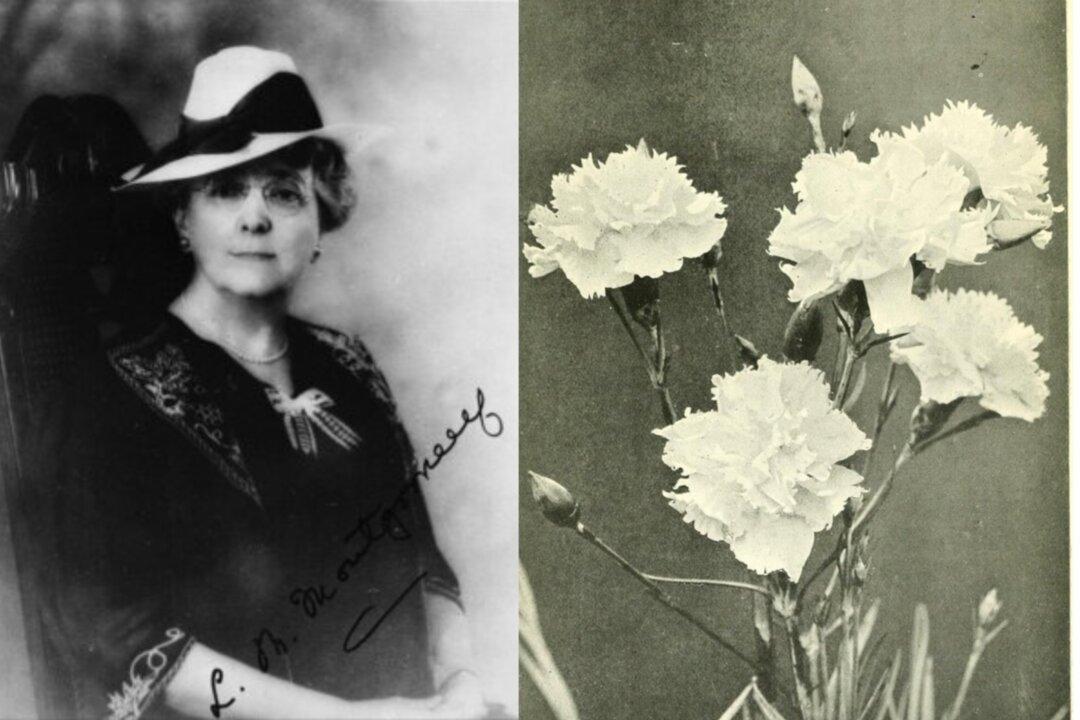A rich man may be important to many, but he may not impact them in a deep, personal way. Conversely, although a poor man may touch the lives of only a few, his benevolent spirit and actions can reach many, even kings.
James Baldwin (1841–1925) demonstrated the power of a peasant’s kindness in his short story “The Charcoal Man and the King.” In this story, Baldwin follows the inspirational actions of the poor charcoal man, Jacquot, whose actions go so far that they impact the king himself.






